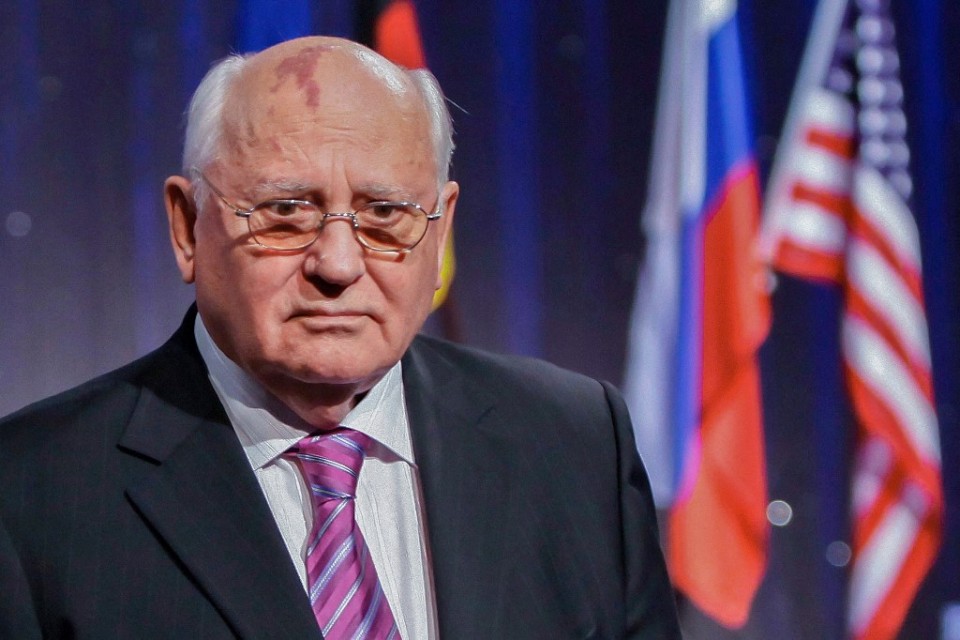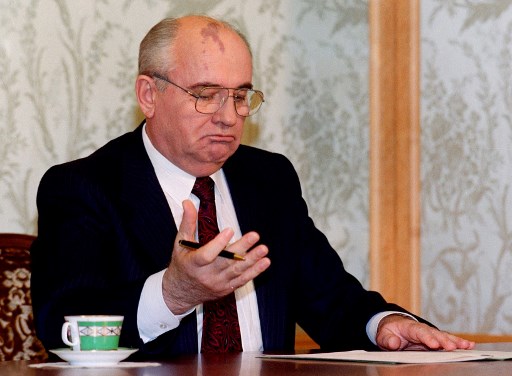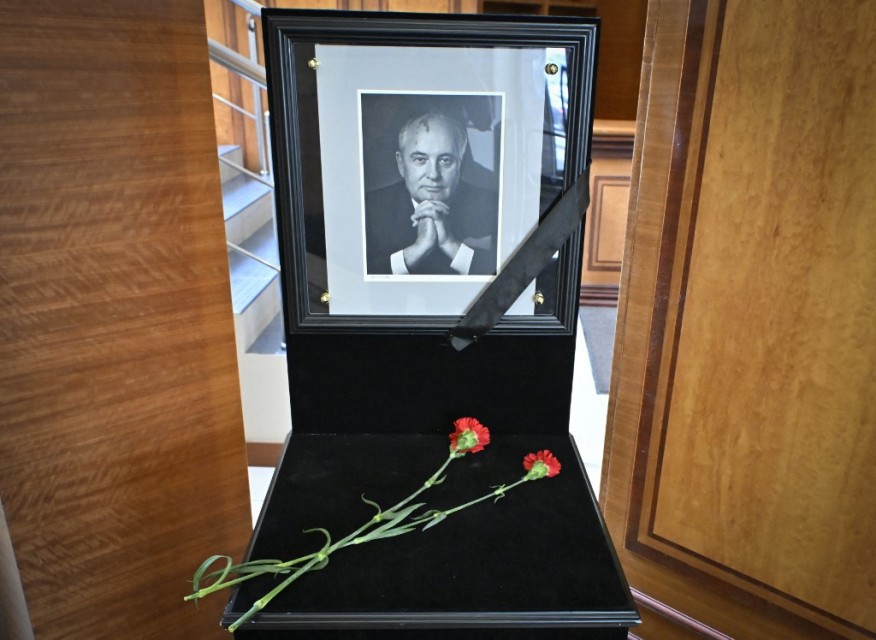
(Eagle News) — Philippine president Ferdinand “Bongbong” Marcos Jr.,,expressed the Filipino people’s condolences to the Russian people over the death of former Soviet leader Mikhail Gorbachev who died on Tuesday, August 30, at the age of 91.
“I share the grief of other world leaders over the death of Mikhail Sergeevich Gorbachev, the last leader of the former Soviet Union,” Marcos Jr., said in a statement issued by Malacanang on Wednesday, August 31.
The President said Gorbachev is best remembered for the disbandment of his own political party, the Communist Party of the Soviet Union (CPSU), which has the biggest membership in the world.
“The Filipino people condole with the Russian people for the loss of a great leader in the person of Mikhail Gorbachev,” the Philippine leader said as he paid tribute to Gorbachev.
“He is credited for ‘glasnost’ referring to political reforms and ‘perestroika’ for economic restructuring,” he added.
Gorbachev, who was in power between 1985 and 1991 and helped bring US-Soviet relations out of a deep freeze, was the last surviving Cold War leader.

He spent much of the last two decades on the political periphery, intermittently calling for the Kremlin and the White House to mend ties as tensions soared to Cold War levels since Russia annexed Crimea in 2014 and launched an offensive in Ukraine earlier this year.
Gorbachev spent the twilight years of his life in and out of hospital with increasingly fragile health and observed self-quarantine during the pandemic as a precaution against the coronavirus.
President Marcos Jr. also recognized the reforms implemented by Gorbachev.
“That the world is much safer now and there is greater freedom for millions of people in the former communist countries in Eastern Europe was in part because of Mr. Gorbachev’s political and economic reforms,” the Philippine leader said.

Gorbachev was remembered fondly in the West, where he was referred to affectionately by the nickname Gorby and best known for defusing US-Soviet nuclear tensions in the 1980s as well as bringing Eastern Europe out from behind the Iron Curtain.
He won a Nobel Peace Prize in 1990 for negotiating a historic nuclear arms pact with US leader Ronald Reagan and his decision to withhold the Soviet army when the Berlin Wall fell a year earlier was seen as key to preserving Cold War peace.
He was also championed in the West for spearheading reforms to achieve transparency and greater public discussion that hastened the breakup of the Soviet empire.
(Eagle News Service with a report from Agence France Presse)








